Haiku of Japan 61–70 :: Collection #7
Time for the latest collection of haiku posts. The usual suspects are here—Issa, Buson, Basho—as well as some others, including a few of my favorites.
If you like any of them, click on the title to visit the post specifically about that haiku for some extra info about it.
Enjoy!
傘におしもどさるゝしぐれ哉
karakasa ni oshimodosaruru shigure kana
—Shisei-jo
my umbrella
pushes me backwards
winter drizzle
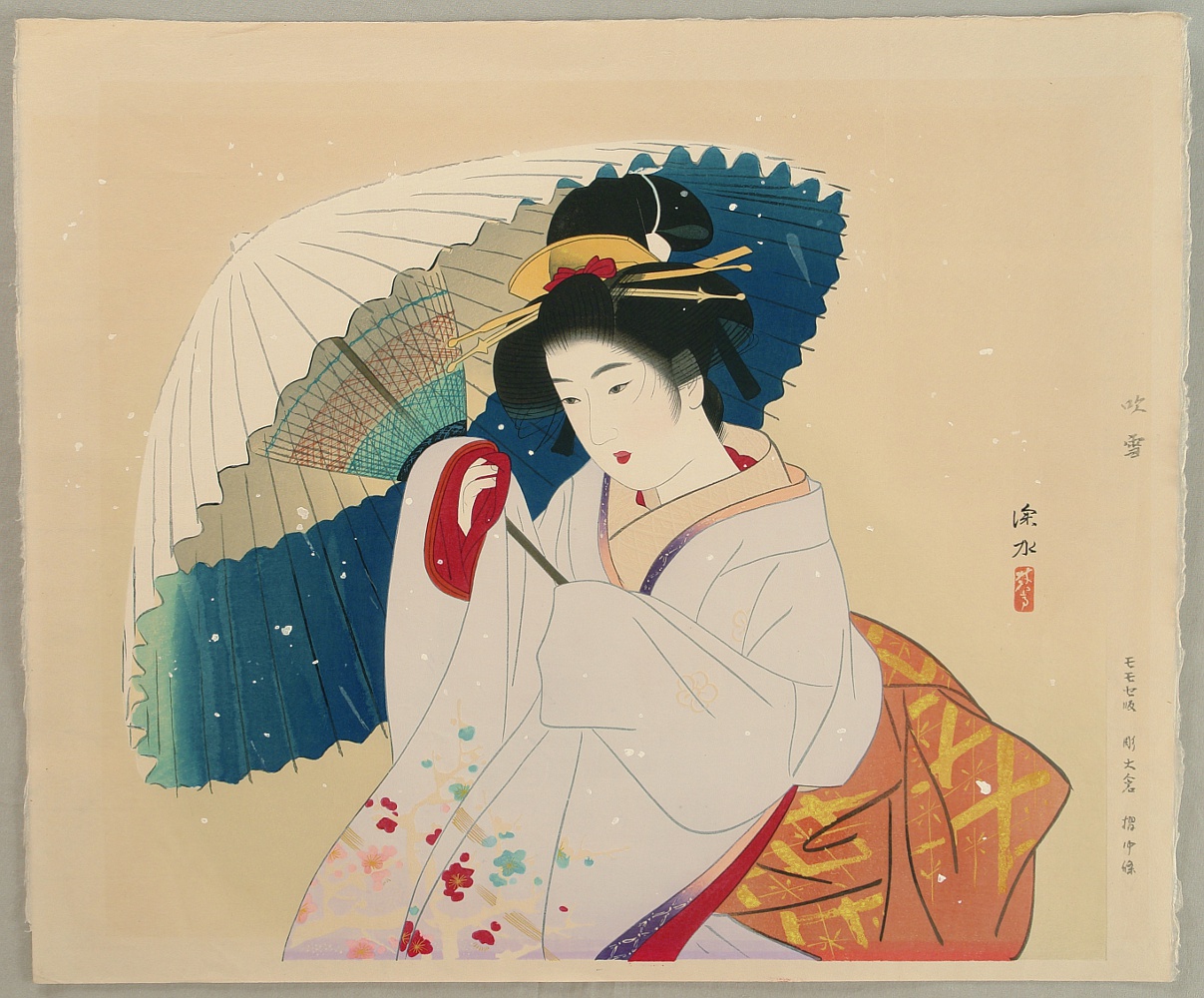
秋十年却って江戸を指す故郷
aki totose kaette edo o sasu kokyoo
—Basho
ten autumns
I now think of Edo
as my home
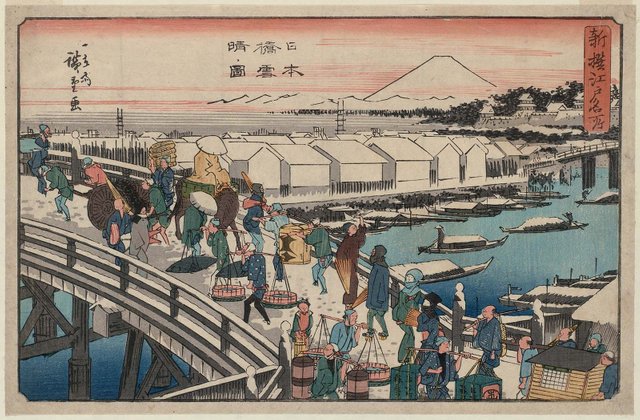
うらやまし美しう成て散る紅葉
urayamashi utsukushuu natte chiru momiji
—Shiko
envied by all
turning beautiful then falling
autumn leaves
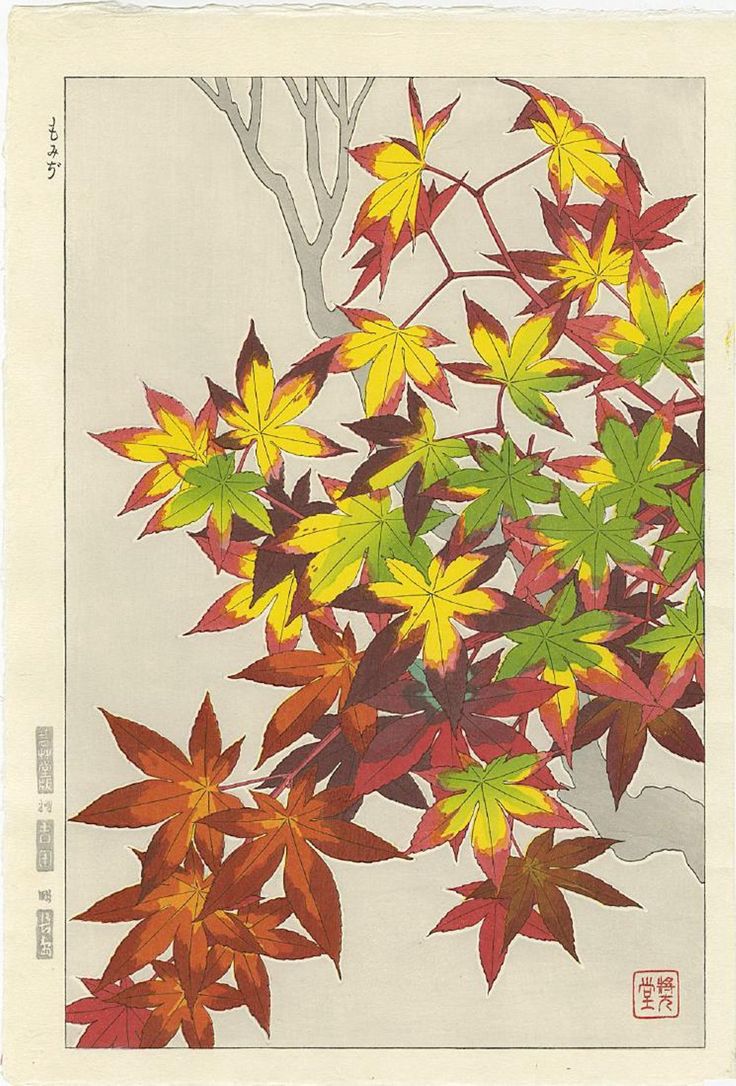
我死なば墓守となれきりぎりす
ware shinaba haka mori to nare kirigirisu
—Issa
after I die
guard my grave
cricket
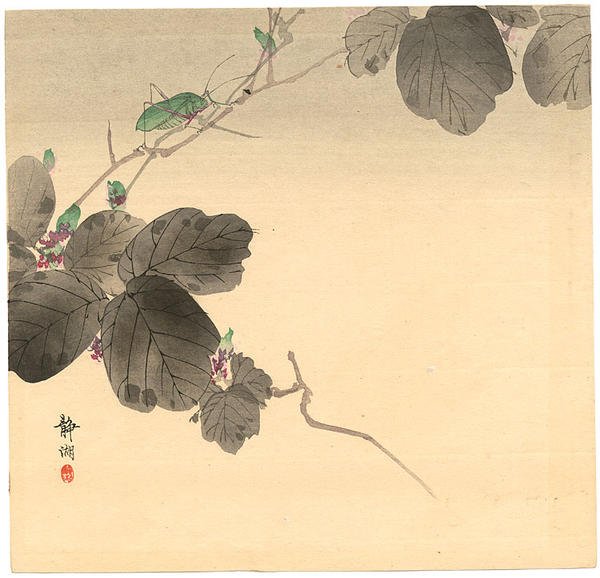
蟻殺すわれを三人の子に見られぬ
ari korosu ware o sannin no ko ni mirarenu
—Shuson
I killed an ant...
then realized
my three kids were watching
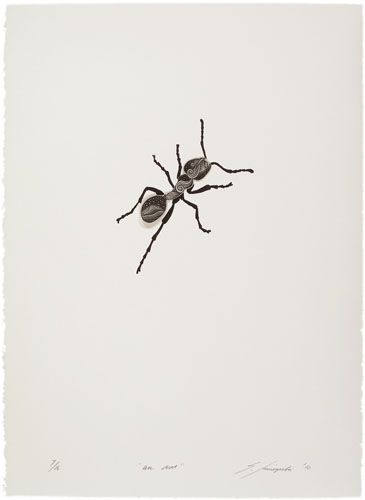
一輪の霜の薔薇より年明くる
ichirin no shimo no bara yori toshi akuru
—Shuoshi
a lone
frosty rose
the new year
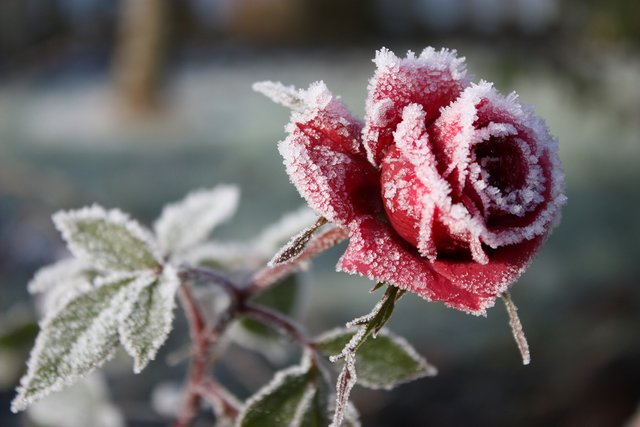
痩蛙まけるな一茶是に有り
yasegaeru makeru na issa kore ni ari
—Issa
puny frog
don't give up!
Issa is rooting for you
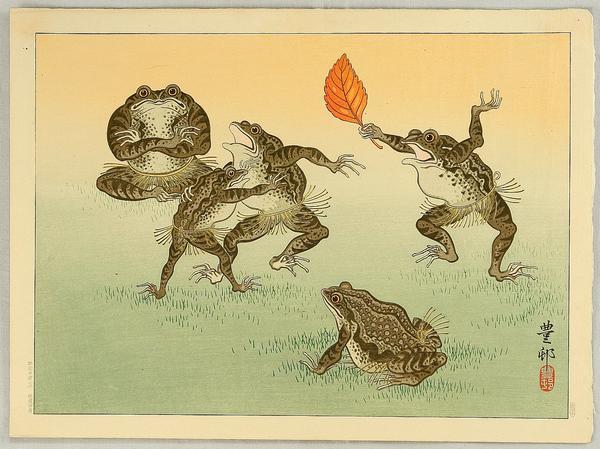
松島やああ松島や松島や
matsushima ya aa matsushima ya matsushima ya
—Basho (kind of)
matsushima
aaah! matsushima
matsushima...
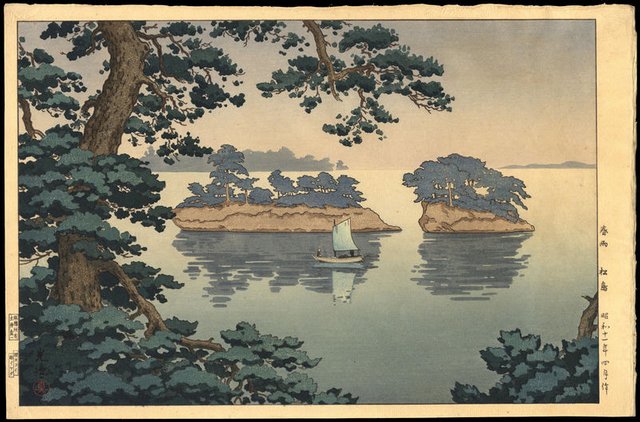
冬蕨「樹下の石仏」我と逢ふ
fuyu warabi juka no ishibotoke ware to au
—Mori Sumio
winter bracken
under the trees the stone buddha
meets me
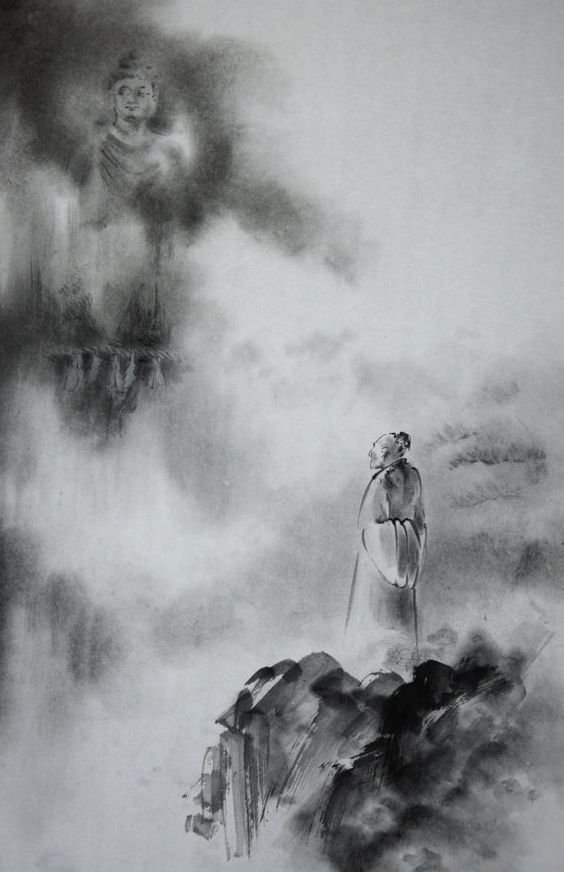
木枯や鐘に小石を吹あてる
kogarashi ya kane ni koishi wo fukiateru
—Buson
winter wind
pebbles
strike the temple bell
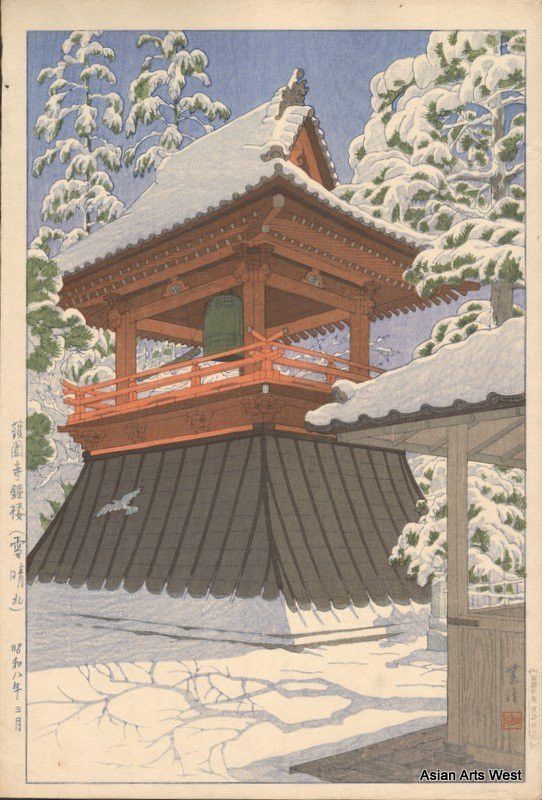
And there we go. Hope you enjoyed. Remember, you can click on the title of each haiku to go to the original post on that haiku where I give some commentary on the poem and perhaps some insight.
Also note, all of these were translated by me, except where otherwise noted. Feel free to use any of these translations anywhere you want, but if you do, please credit me (or the proper translator). I ask that not so much because of my ego, but as a haiku reader myself I always want to know who did the translation so I can find more from them if I like it, so I'm always slightly annoyed when a web site or book doesn't provide that info.
Needless to say, if you enjoyed any of these, follow me for more. I try to post one a day. Sometimes I miss a day if work or family gets in the way, but I do try to keep up.
❦
If you liked these, there are more! Here are the other collections in the Haiku of Japan series.
- Collection 1, haiku 1–10
- Collection 2, haiku 11–20
- Collection 3, haiku 21–30
- Collection 4, haiku 31–40
- Collection 5, haiku 41–50
- Collection 6, haiku 51–60
| If you enjoyed this post, please like and resteem. Also be sure to follow me to see more from Japan everyday. |
|---|
I post one photo everyday, as well as a haiku and as time allows, videos, more Japanese history, and so on. Let me know if there is anything about Japan you would like to know more about or would like to see.
| Who is David? | |
|---|---|
 | David LaSpina is an American photographer lost in Japan, trying to capture the beauty of this country one photo at a time. |
Eventhough I have almost nihil command of Japanese, I very much appreciate the original (both the characters and the phonetic transcription) along with the translations (which I often find more to my liking than some older translations, hence I am tempted to call them crisp and modern). In combination with the pictures this collection makes for a treat to read, like opening the doors of an advent calender, or trying exclusive chocolates for their surprise centres. Only I am more of a word lover than a bon-bon afficcionado. Working my way through all your posts, and often out of bandwidth to leave much of a trace, so I thought I'd just mention my appreciation here. Excellent explanation of why you "need to be" accredited. (But you also earned it!)
Thanks for the kind words @sukhasanasister and glad you enjoyed the post. Philosophy of haiku translations change as the seasons. Not so long ago I think the favored approach was to add words, attempting to make it easier for English speakers to understand and also bring a bit of flavor of English poetry. One translator (I can't think of the name at the moment) even went as far as to translate haiku into iambic verse! My philosophy is to be as literal as possible, following the haiku poet in only hinting at things. Glad you like it :)